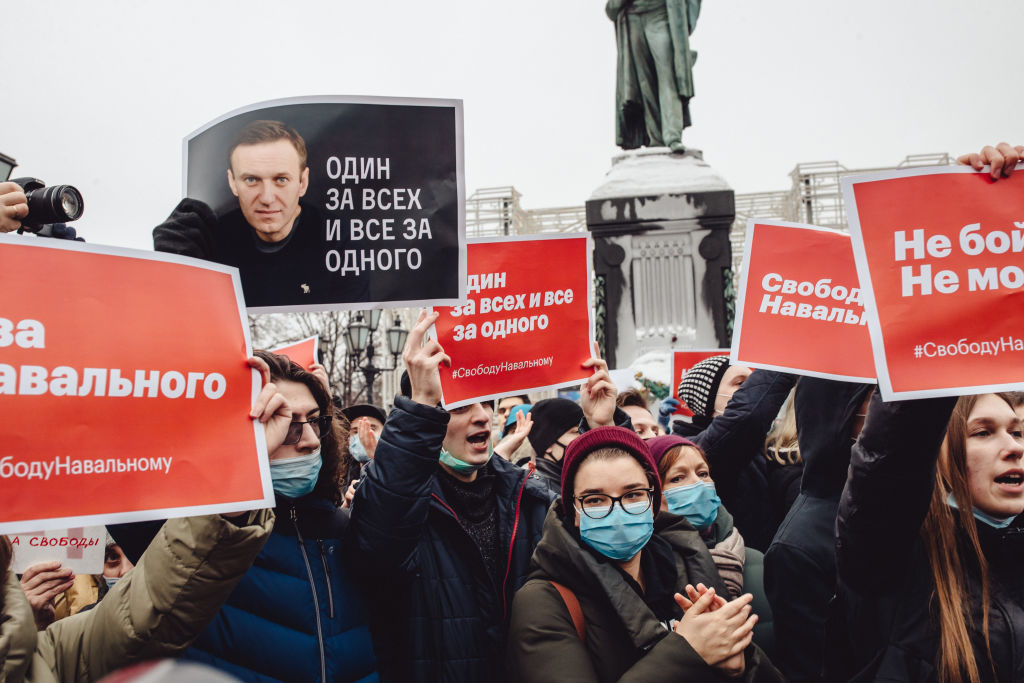Authorities in Russia have detained two journalists, Konstantin Gabov and Sergey Karelin, accusing them of having ties to an “extremist” organization associated with the late opposition figure Alexey Navalny, escalating the Kremlin’s crackdown on dissent.
Gabov, a video producer who has worked for Reuters, was taken into custody in Moscow on Saturday. Prosecutors allege he produced visual content for Navalny’s popular YouTube channel “NavalnyLIVE,” which had millions of subscribers before being shut down after Navalny’s imprisonment.
The Basmanny District Court ordered Gabov to be held in pre-trial detention until at least June 27 while the case proceeds. He faces charges of involvement with an “extremist” group, referring to the authorities’ designation of Navalny’s anti-corruption organizations.
Meanwhile, in the northwestern city of Murmansk, journalist Sergey Karelin was also arrested over the weekend on similar “extremism” accusations. Authorities claim Karelin, who previously contributed to outlets like the Associated Press and Deutsche Welle before it was banned in Russia last year, participated in Navalny’s declared “extremist” group.
Photographs released by local media showed Karelin, who holds dual Russian-Israeli citizenship, confined in a glass cage during a court hearing in Murmansk regarding his detention.
The arrests mark the latest escalation in President Vladimir Putin’s relentless campaign to silence critical voices in Russia, which has intensified since the invasion of Ukraine in February 2022. Prior to his death in custody earlier this year, Navalny had been Putin’s most prominent political opposition and frequent target of prosecution by the Kremlin.
Just last month, journalist Sergey Mingazov of Forbes Russia was placed under house arrest, facing charges of spreading “false information” about the Russian military’s actions in Ukraine – a criminal offense under newly imposed censorship laws.
Human rights groups have condemned the detentions of Gabov and Karelin as a violation of free press and an attempt to extinguish the last remnants of Navalny’s anti-corruption movement, which had posed a major challenge to Putin’s rule before being forced underground.
The Kremlin has denied any wrongdoing, defending the arrests as enforcement of anti-extremism laws to protect constitutional order and national security. But critics have decried the actions as a brazen effort to stamp out any dissenting voices ahead of next year’s presidential elections.
(Inputs from ANI)














